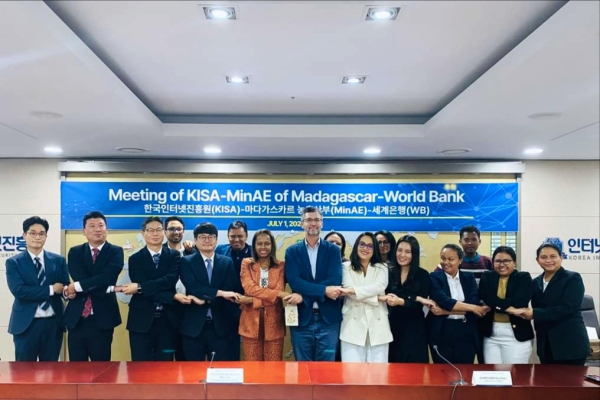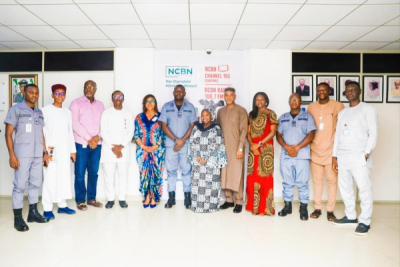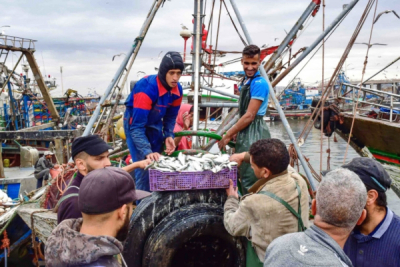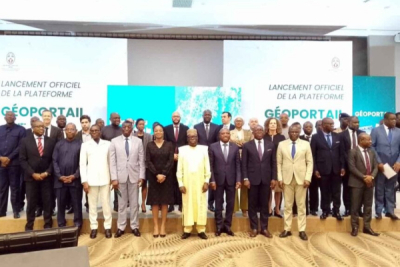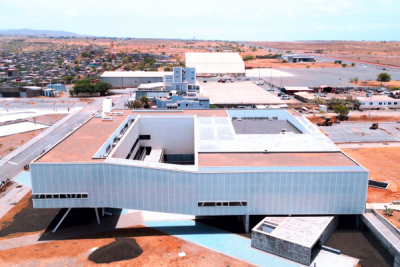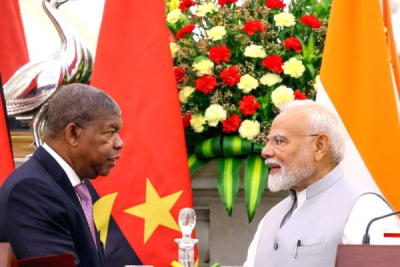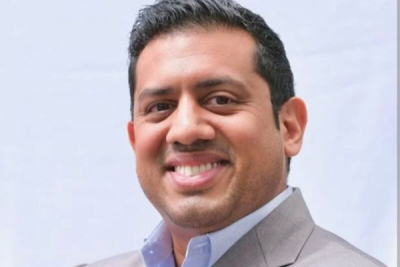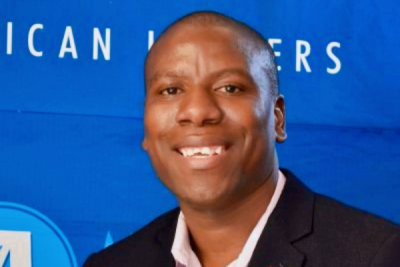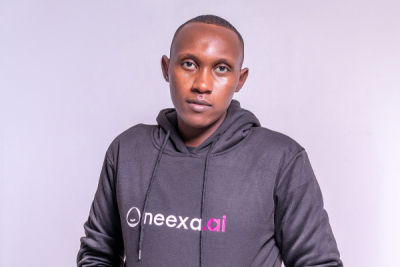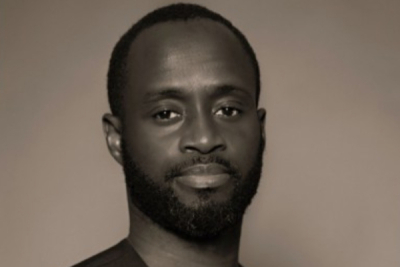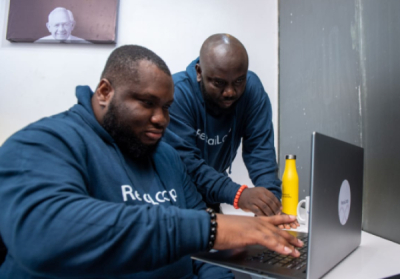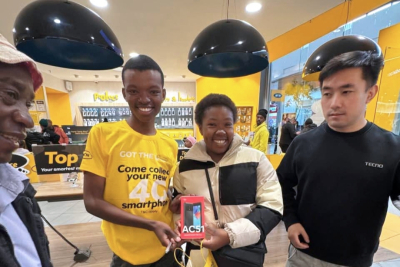Madagascar and South Korea have maintained bilateral relations since 1993. Both countries aim to strengthen this collaboration in the digital sector.
A Malagasy delegation, led by the Secretary-General of the Ministry of Agriculture and Livestock, Raharinomena Fanja, made an official visit to South Korea from June 28 to July 5. This mission, funded by the Korea World Bank Partnership Facility (KWPF), aimed to explore advancements in blockchain technology for managing agricultural input allocations.
"The mission illustrates how the Malagasy delegation is looking towards a foreign country, recognized for its expertise in the observed field, to explore a more efficient alternative approach than the one currently followed," the ministry stated.
During this visit, the Malagasy delegation met with various government and regulatory entities, including the Ministry of Science and ICT, the Korea Internet & Security Agency (KISA), and the Alliance of Blockchain Leading Digital Economy (ABLE). They also engaged with technology companies and startups specializing in blockchain, such as SK Telecom (SKT), SMART M2M, KONA I, and Ahnlab Blockchain Company, who showcased their innovations.
This visit aligns with the Malagasy government's efforts to strengthen the agricultural sector through innovative technological partnerships. Madagascar has faced numerous challenges, particularly climatic ones, with the country being the fourth most vulnerable to climate change according to the United Nations. Recurrent droughts and cyclones, whose frequency, duration, and intensity are increasing due to climate change, have significantly impacted agriculture.
In this context, the Rice Plus project for productivity and resilience of rural livelihoods, led by the Ministry of Agriculture and Livestock and funded by the World Bank, aims to introduce smart agricultural technologies and blockchain-based electronic programs for input allocations (seeds and fertilizers).
The mission enabled the Malagasy delegation to discover blockchain as a promising technology for the effective and secure management of digital vouchers. It also paved the way for new collaborations and innovations, marking an important step towards the digital transformation of agriculture in Madagascar.
Samira Njoya


